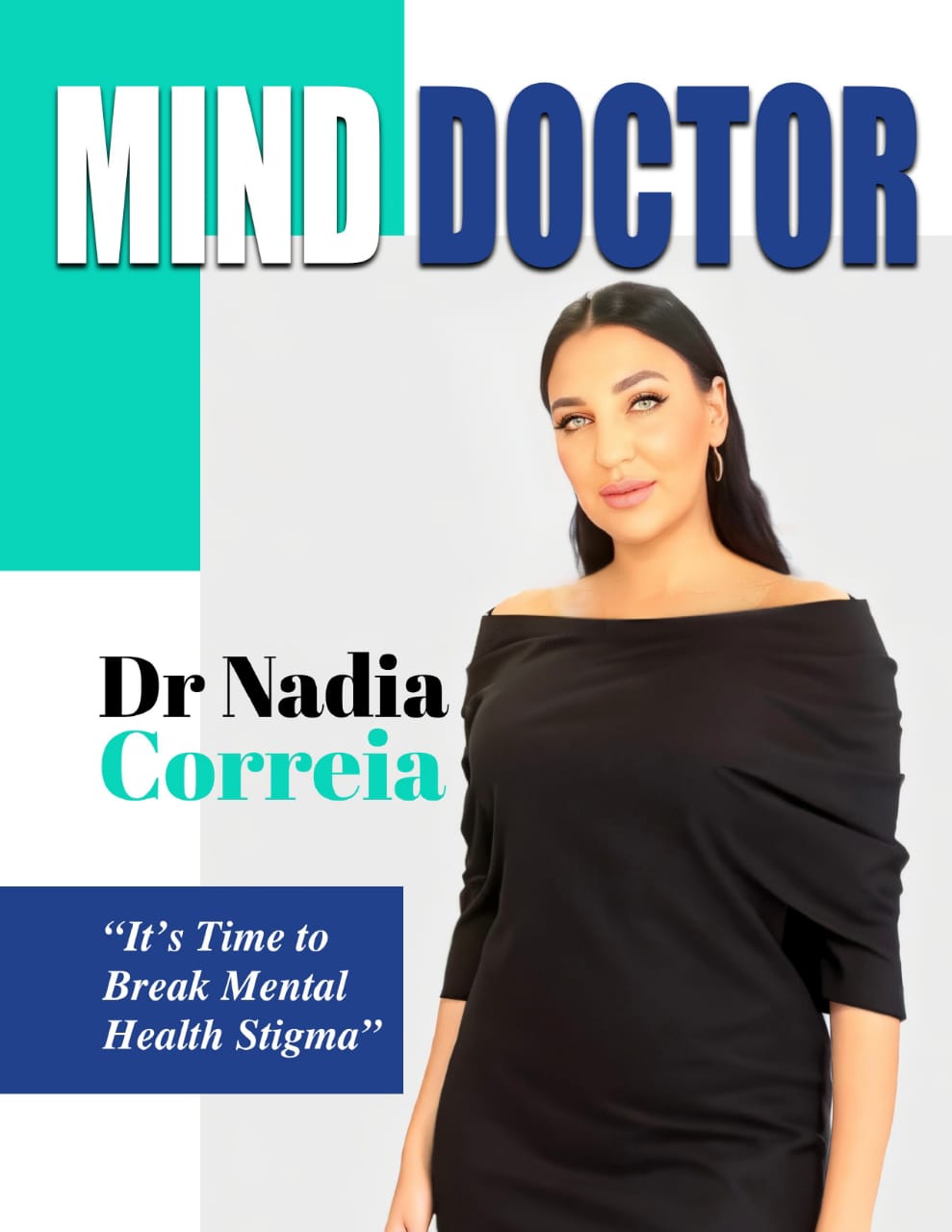Recognize And React To The Signs Of Depression
Depression can be a minor, temporary problem that vanishes after a few days, but it can also manifest as debilitating chronic disorder that lasts for years. Depression is both a medical and psychological condition, it is studied and treated by both doctors and therapists. Depression has a strong negative impact on the mind and body, so it is important to be able to recognize the signs of depression so that you can act immediately to deal with the problem in yourself, a close friend or family member.
Individuals suffering from depression often feel or act sad, worried or apathetic. Consistent expressions of negativity, difficulty communicating and sudden changes in social behavior are all symptoms of depression, particularly if the personality change runs directly contrary to the person’s normal habits. Sudden outbursts of anger or frustration are also more likely, as depression is closely linked with mental stress.
Sudden adjustments to basic life patterns, like eating and sleeping routines, are among the other common signs of depression. If a person eats significantly less or more than usual, then it may indicate that they are struggling with some form of depression. Inability to sleep, or lack of motivation and desire to get out of bed, are also recognizable symptoms.
Depression is difficult to diagnose not only because of its large range of symptoms, but also because it has many potential points of origin. When looking for symptoms of depression in yourself or someone else, it is important to watch for signs of physical or mental problems that could cause the condition in the first place. Even if the symptoms of depression are treated, it will never completely go away unless its source is discovered and removed.
Physical injuries, both permanent and temporary, can lead to depression, particularly in naturally athletic or mobile people. Numerous bacterial diseases, internal parasites and other pathogens can cause long-term health problems, which are closely associated with depression. To understand a particular case of depression, it is important to closely monitor diet and exercise to maintain a healthy lifestyle.
Recognizing situations that could trigger depression is also an important part in preventing it from becoming a major problem. Biological changes that involve hormones, like menopause, are a common source of depression in women. There are several age-linked triggers for depression in men as well. Other events that are associated with the development of depression include divorces, weddings and the death of a close friend or family.
If you notice the early symptoms of depression in yourself, a friend or family member, there are several options for addressing the problem. Request a health checkup from a doctor and follow up on any abnormalities. Examine your living and working condition for possible sources of stress. Sometimes the cause of depression is difficult to identify at first, particularly for the person being effected. Encourage discourse on the subject by talking to friends, family or a psychologist.
There are some general types of medication that are available by prescription from doctors and mental health professionals. A large group of these medications are monoamine oxidase inhibitors (MAOIs), which have long been used to treat the symptoms of depression. It does not solve the cause of the condition, but can improve quality of life and functionality.
Counselors, mental health professionals and social agencies are available to help combat depression outside of the doctor’s office. Therapy is a common route for sufferer’s of depression that want to navigate their way out of the mental maze that they’ve been buried in. The consultation of a therapist can help treat mental sources of depression, which cannot be solved in a hospital or pharmacy.



